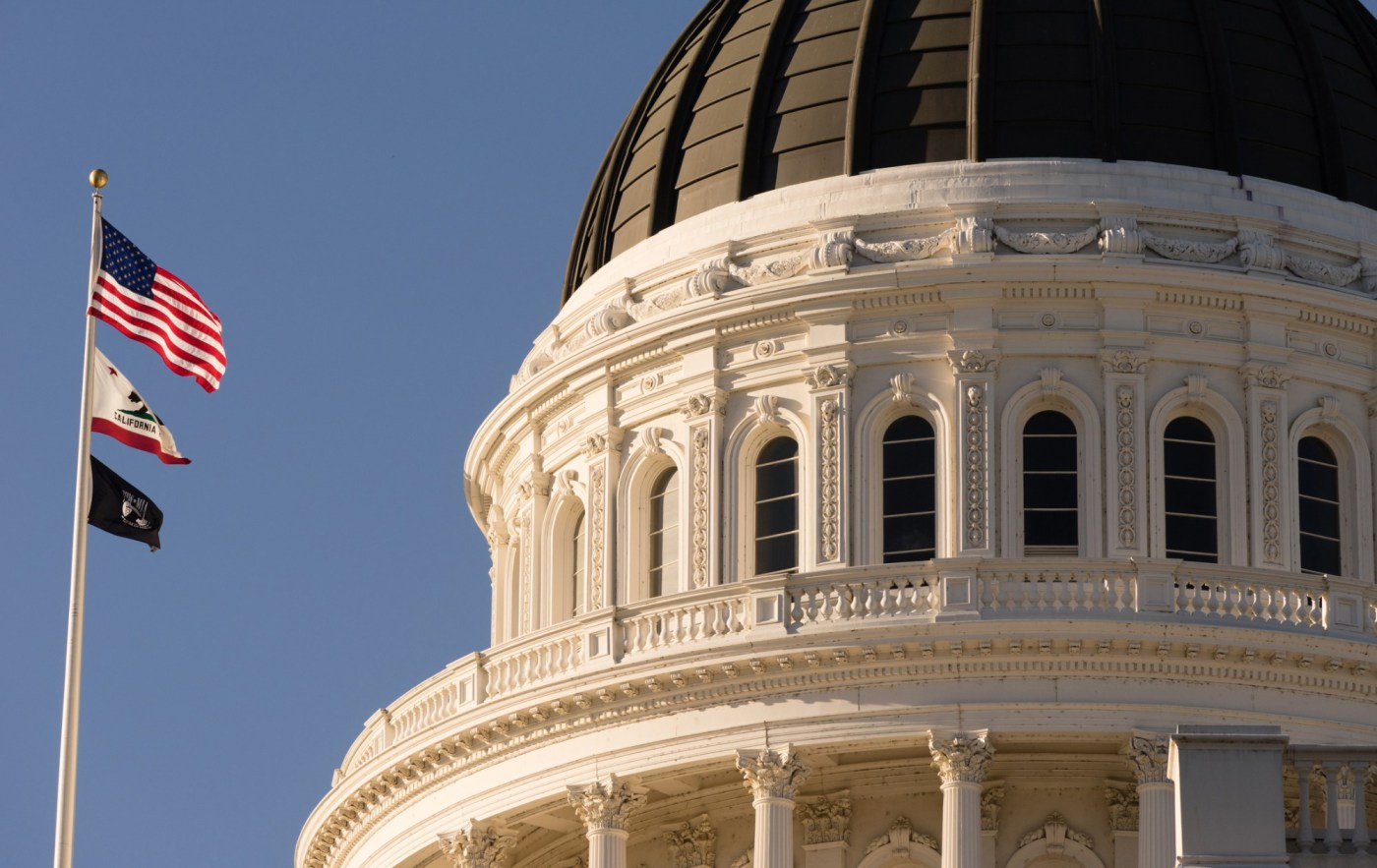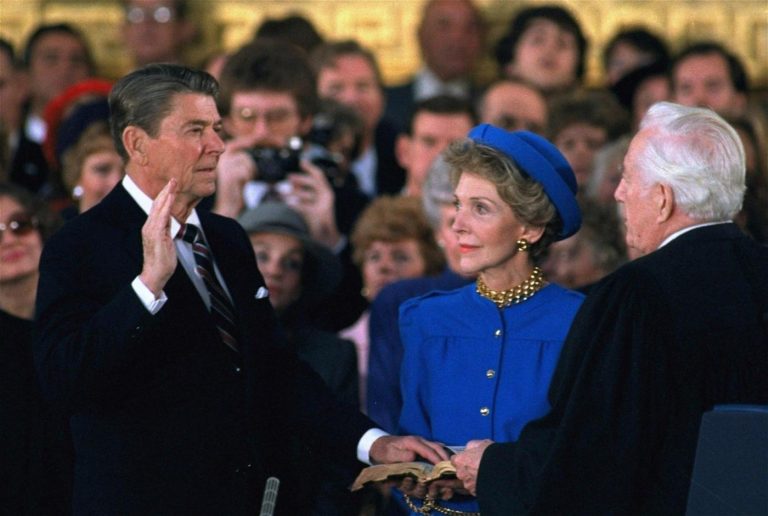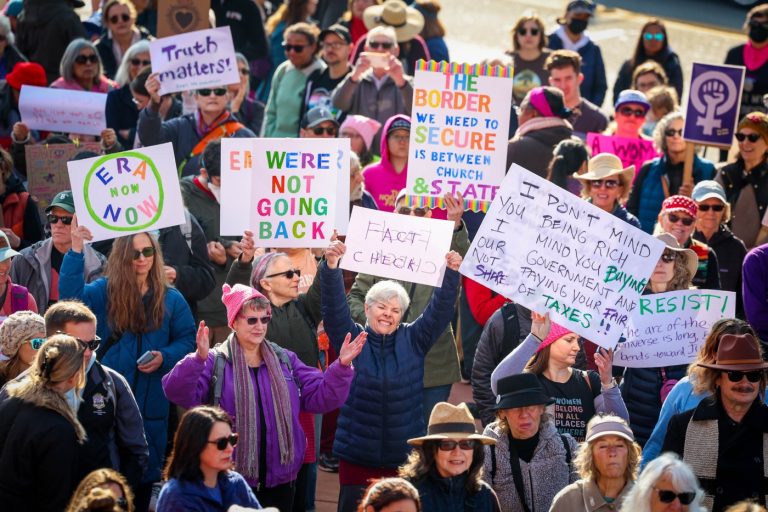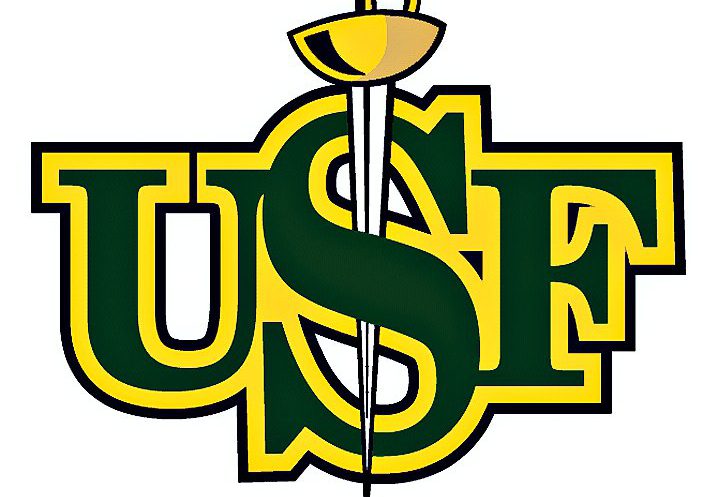Over the past two years, the average Sacramento legislator introduced three dozen bills and saw a dozen bills they introduced signed into law. But a supermajority of Democrats in both the Assembly and state Senate meant significantly less legislation was passed by Republicans.
On Sept. 30, Gov. Gavin Newsom signed — and vetoed — his final bills of the 2023-24 legislative session.
There were 4,821 bills introduced during that time, according to Chris Micheli, a veteran lobbyist and an adjunct professor at McGeorge School of Law and UC Davis King Hall School of Law, and contributing writer for Capitol Weekly. Lawmakers introduced 1,530 bills in the state Senate and 3,291 in the Assembly. Newsom signed 1,017 of them into law and vetoed 189.
According to a Southern California News Group analysis, using data compiled from the official California Legislative Information website, the average member of the Assembly introduced 37 bills and had 12 signed into law by Gov. Gavin Newsom. The average member of the Assembly also introduced four resolutions — resolutions express the Legislature’s feelings on a matter without the force of law behind it, such as declaring May 24, 2024, as Schizophrenia Awareness Day — and had two of them signed.
But in a state where Democrats control a supermajority of the Assembly, holding 62 of 80 seats in the 2023-24 session, they had a clear advantage in getting bills approved and signed into law. The average Democratic Assembly member introduced 38 bills and had 15 signed into law. In contrast, the average Republican Assembly member introduced 35 bills and got eight signed into law.
It’s a similar story in the state Senate, where there are 31 Democrats and 9 Republicans. According to the Southern California News Group analysis, the average state Senator introduced 34 bills and got 15 of them signed into law. Among Democrats, those numbers rose to 36 bills introduced and 18 signed into law. But among Republicans, those figures dropped to 30 bills introduced and seven signed into law.
There is one area, however, where Democrats had a big disadvantage. Given how many more bills were introduced by Democrats versus Republicans — 1,462 to 483, across both chambers — bills introduced by Democrats also received the lion’s share of Newsom’s vetoes — 74 for Democrats versus 16 for Republicans.
Although Micheli is a fan of crunching such numbers, he said it’s not the only way legislators should be evaluated.
“They’re elected to do several things, one of which is to make laws,” he said. But “I wouldn’t want it to be a sole determiner as to whether a legislator is doing a good or bad job.”
Voters also expect legislators to engage in state government oversight and in what’s called “constituent services” — basically helping residents of their districts cut through bureaucratic red tape.
And with Democrats “in a super-duper majority in both houses, it obviously puts a lot of Republicans at a tremendous disadvantage” when it comes to passing bills, Micheli said.
Related Articles
How Big Tech won big against regulation in California this year
Feldman: The problem with banning college legacy admissions
Santa Clara County board appoints interim superintendent despite community outrage
New investigations shed light on firing of Santa Clara County Superintendent of Schools
Skelton: Newsom’s vetoes send clear message about undocumented immigrants
Thriving in such an environment as a Republican requires introducing bills that won’t immediately get shot down by Democrats.
“A lot depends on the subject matter,” Jack Pitney, an American politics professor at Claremont McKenna College, wrote in an email.
“The state Legislature deals with many mundane but important matters,” he added. “A Republican can get bipartisan support for bills that deal with everyday government business rather than ideological battles.”
Pitney cited how Sen. Rosilicie Ochoa Bogh, R-Redlands, won passage of a bill to prevent damage to underground utilities during excavation projects.
“That law is hardly going to light social media on fire, but it will do a lot of good,” he said. “When legislators focus on contentious social issues, they are a lot less likely to get votes on the other side of the aisle.”
Because of that, Southern California Republicans saw dramatically varying results in Sacramento.
“Ochoa Bogh had the most signed bills of any Republican state senator. She has a few localized bills mixed in,” Marcia Godwin, a public administration professor at the University of La Verne, wrote in an email, noting the senator’s bill related to the Lake Arrowhead Community Services District and a resolution naming a freeway overpass in memory of the late Bob Dutton, a former legislator and San Bernardino County assessor.
On the other hand, there’s Assemblymember Bill Essayli, R-Corona.
“Essayli is the only state legislator who had no bills passed,” Godwin wrote. “Because of his background as a political party leader, he has tended to introduce bills that are more ideological. However, he also introduced a bill on animal shelters that could have gotten more attention.”
Micheli wants voters to remember that the raw number of bills signed into law isn’t the whole story.
“I think voters want their legislators to be productive, but just making new laws isn’t going to be the main thing that most voters are talking about,” he said. “How are you trying to address key issues? Homelessness, retail theft, fentanyl, the housing shortage. What are you, my legislator, or you, the candidate for office, what are you doing to address those?”












